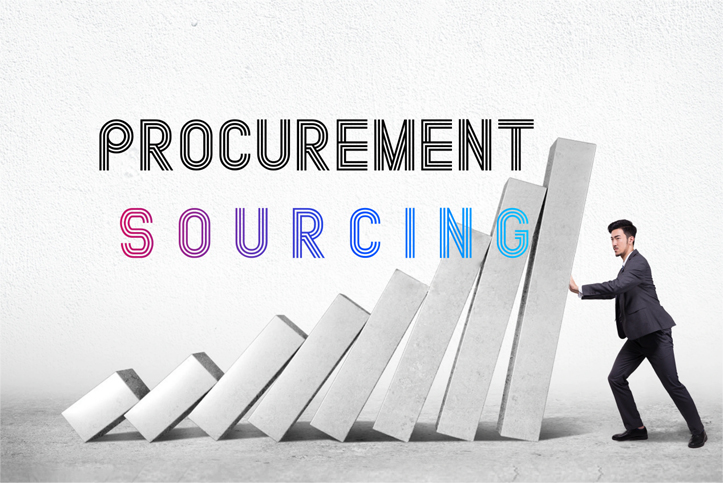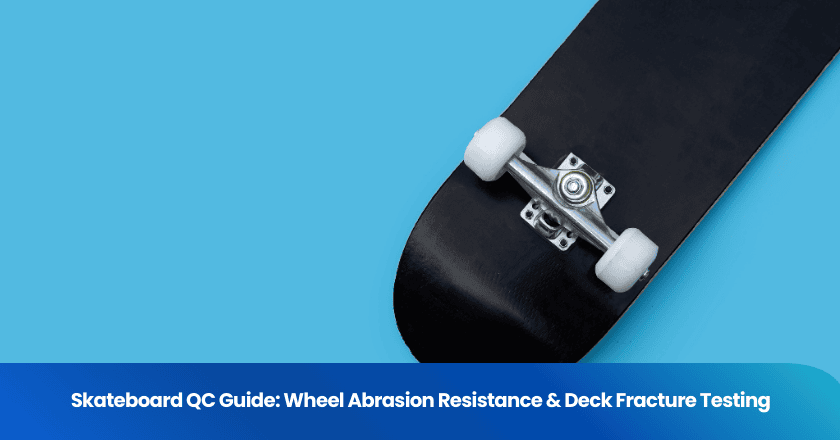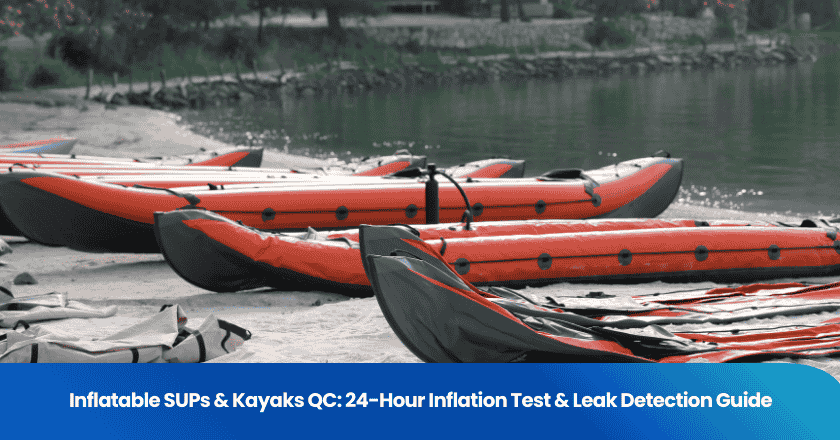
I. What is Procurement?
Procurement refers to the process by which an organization purchases products, services, or equipment to meet specific production, assembly, or application requirements.
Simply put, it is the process of purchasing the required goods or services from external suppliers to meet the needs of business operations or projects.
Procurement activities can cover the entire process from supplier selection to order execution and payment. The process includes a series of activities such as demand determination, supplier selection, establishment of relations with suppliers, price negotiation, terms negotiation, contract signing, order placement, acceptance and warehousing, and payment settlement.
In the business environment, Procurement usually refers to the purchase of raw materials, components, equipment, or services by a company from suppliers to support its business operations. Procurement is not only a purchasing behavior, but also a supply chain management strategy that requires the purchaser to possess market insight, negotiation skills, and contract management capabilities.
Procurement is a key link in the operation of modern enterprises, it directly affects the enterprise's cost control, product quality and market competitiveness.
II. What is sourcing?
Sourcing, that is, supplier sourcing, is an important part of the Procurement process. It refers to the activities where Procurement personnel seek out suppliers capable of providing the required goods or services through various channels, and evaluate and select these suppliers to ensure the most suitable partners are chosen to meet the Procurement needs.
In the context of globalization, sourcing can involve suppliers from different regions both domestically and internationally, and it is necessary to consider factors such as supplier reputation, quality, price, and delivery time to maximize the satisfaction of the purchaser's needs.
The quality of sourcing work directly affects the cost, quality, and efficiency of Procurement, and Procurement personnel need to have sharp market insight and rich industry experience.
III. Preparations before Procurement
The preparation work before Procurement involves multiple links and aspects.
The following is a clear and organized list of preparatory tasks:
1. Develop Procurement Plan
Based on the Procurement requirements, develop a detailed Procurement plan, including the Procurement schedule, budget, methods (such as open tendering, invited tendering, competitive negotiation, etc.). Determine the Procurement priority and urgency to facilitate the reasonable arrangement of Procurement progress.
2. Improve Procurement Documents
Draft and review Procurement documents, such as tender documents, Procurement contracts, and Procurement announcements, ensuring their legality and standardization. Prepare bid evaluation criteria and methods for fair assessment and selection during the Procurement process.
3. Determine the Procurement Organization Form
Based on the Procurement requirements and plans, determine whether to procure on one's own, entrust a procurement agency, or proceed through other methods. If entrusting a procurement agency, it is necessary to select a suitable agency and sign a commission agreement.
4. Budget and Funding Arrangements
Develop a detailed Procurement budget, including the estimated Procurement amount, cost allocation, etc. Ensure the legality and stability of the funding sources to facilitate timely payments during the Procurement process.
5. Establish Procurement Management System and Processes
Formulate and improve the Procurement management system, clarify the Procurement process, standards, and responsibilities. Establish a supervision mechanism to ensure the transparency, fairness, and legality of the Procurement process.
6. Establish a professional Procurement team
Select team members with rich Procurement experience and professional knowledge. Provide training and guidance to team members to enhance their Procurement skills and efficiency.
7. Establish effective communication channels for Procurement and sourcing
Establish effective communication channels with relevant departments to ensure timely information transmission and smooth communication. Regularly organize meetings or negotiations to address issues and difficulties that arise during the Procurement process.
IV. Key Considerations for Procurement and Sourcing
1. Clarify requirements
Before conducting Procurement or sourcing, it is necessary to clarify the specific needs of the enterprise or project, including the specifications, quantity, quality standards, etc. of the required goods or services. This is the basis for ensuring the efficiency and effectiveness of Procurement.
2. Market Research
During the sourcing phase, it is crucial to conduct thorough market research. This includes understanding the supplier situation, product prices, quality levels, etc., in order to make informed decisions during Procurement.
3. Supplier Evaluation
When selecting a supplier, comprehensive considerations should be given to various aspects such as product quality, price, delivery time, and after-sales service. If necessary, on-site inspections of the supplier can be conducted to ensure its authenticity and reliability. Choosing a supplier with a good reputation can reduce the risk of cooperation and ensure the quality and reliability of the procured products or services.
4. Contract Management
Procurement contract is an important legal document to protect the rights and interests of both parties.
When signing a contract, it is necessary to carefully review the contract terms, clarify the rights and obligations of both parties, including detailed descriptions of goods or services, prices, delivery time, payment methods, liability for breach of contract, etc., to avoid subsequent disputes.
5. Risk Management
There are various risks in the Procurement process, such as supplier default, quality non-conformance, delivery delays, etc.
The Procurement party needs to identify and assess various risks, including supplier bankruptcy, raw material price fluctuations, etc., and formulate corresponding countermeasures.
Establishing effective risk management mechanisms, such as setting reasonable penalty clauses and reserving quality guarantee deposits, are important means to reduce Procurement risks.
6. Continuous Improvement in Procurement and Sourcing
Procurement and sourcing is a continuously optimized process. Enterprises should regularly evaluate and adjust their suppliers to adapt to market changes and changes in corporate needs. Procurement personnel should also continuously improve their professional skills and market sensitivity. In the procurement process, factors such as environment, society, and governance should be considered to promote sustainable development and align with corporate social responsibility.
Grow your business with TradeAider Service
Click the button below to directly enter the TradeAider Service System. The simple steps from booking and payment to receiving reports are easy to operate.



